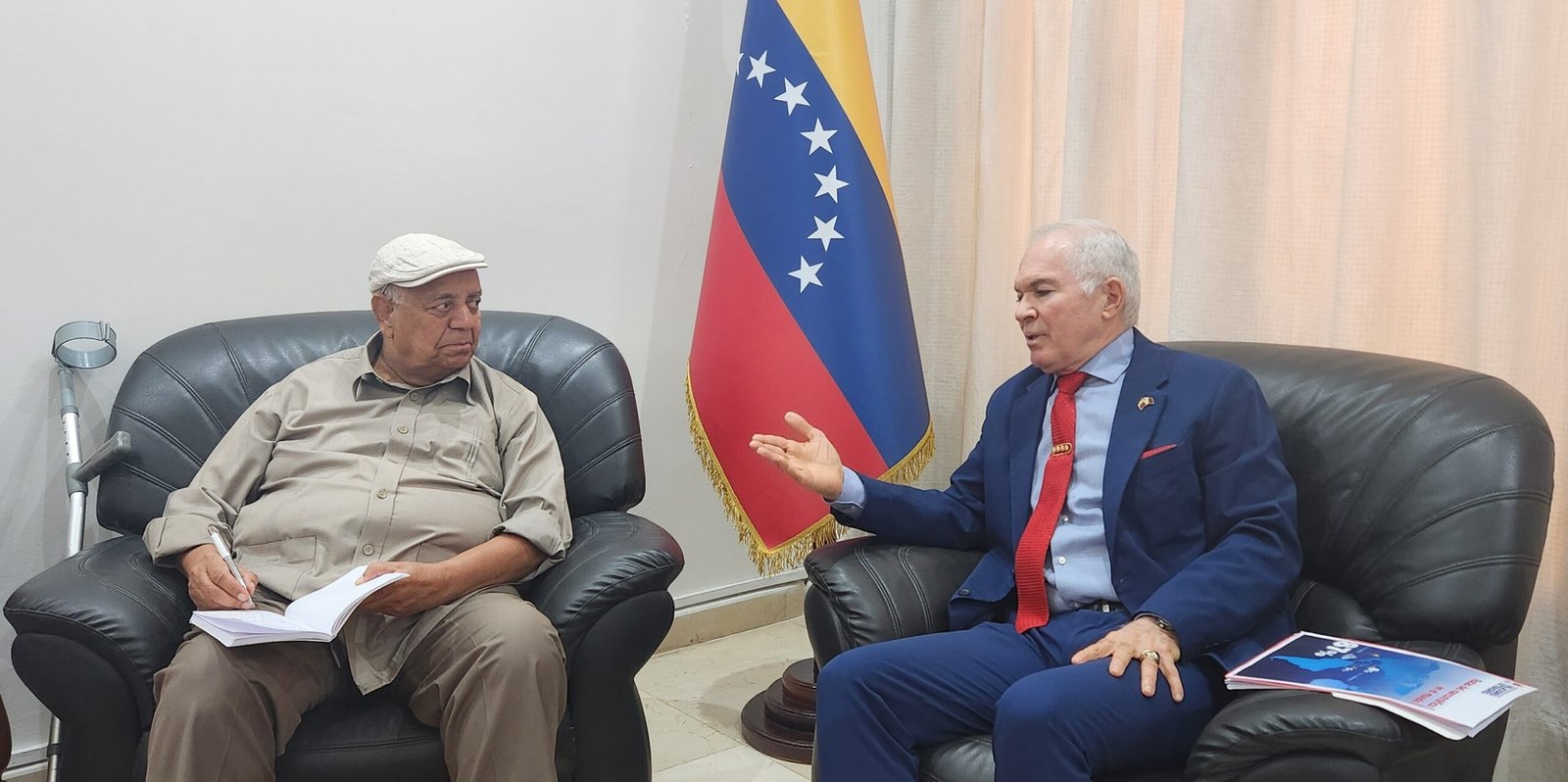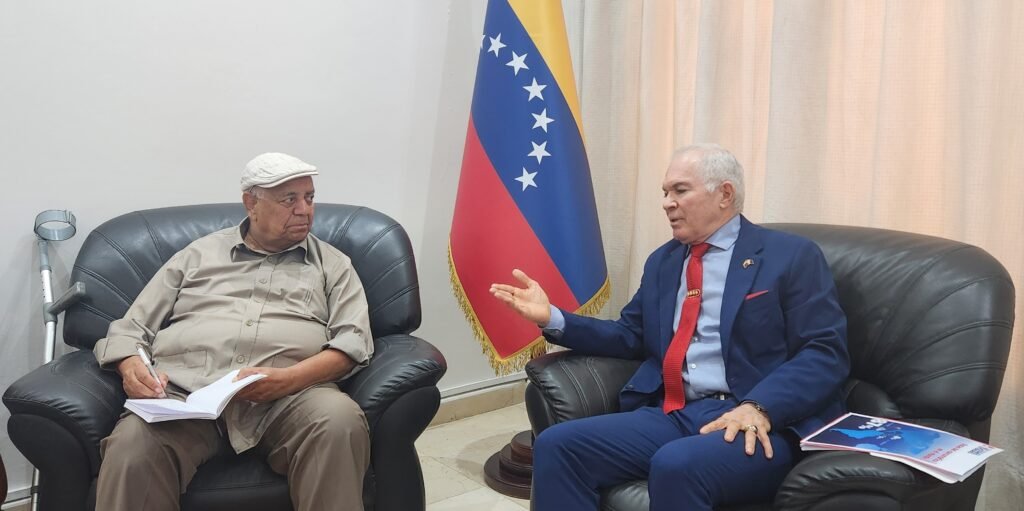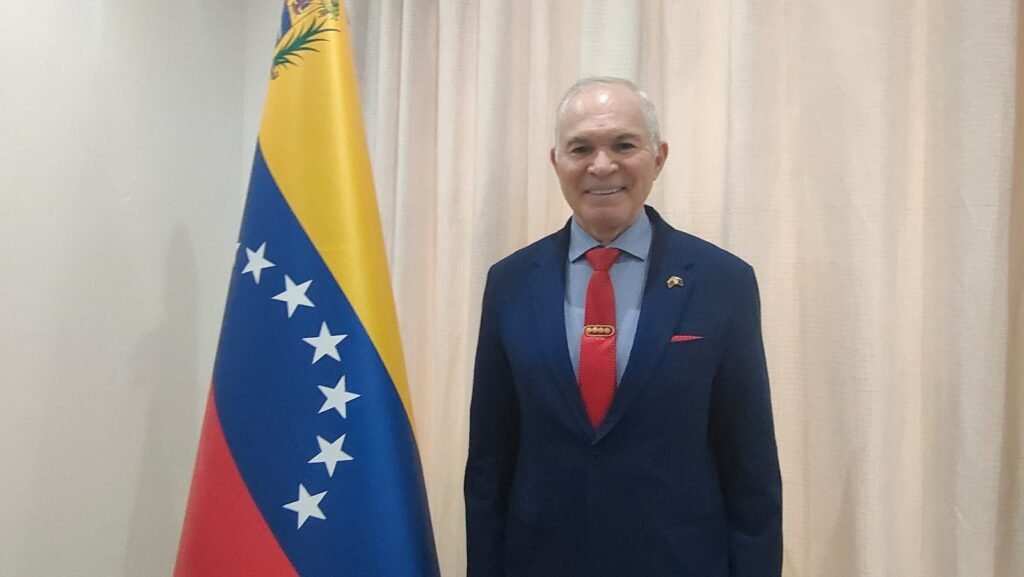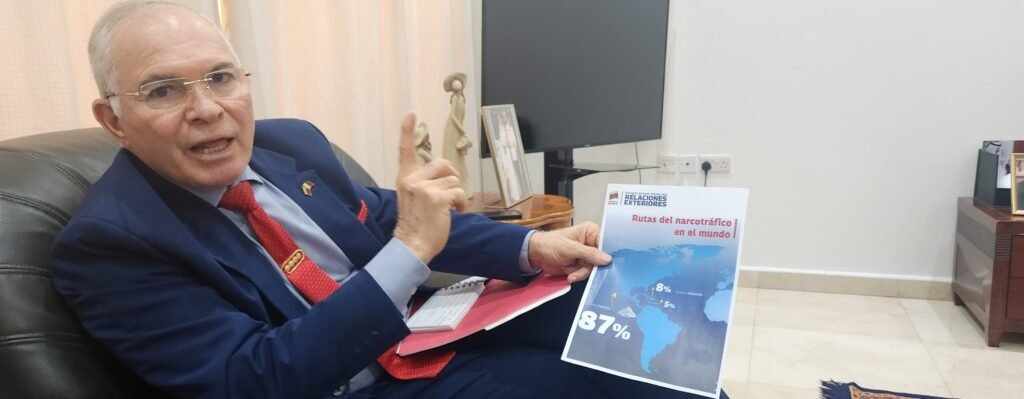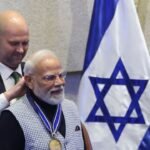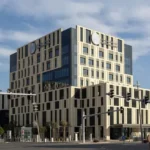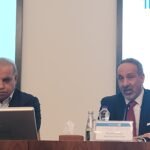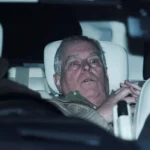Doha, 18 Sept. 2025 (QT)
In an exclusive interview with www.asiantelegraphqatar.com, Carlos Jose Mata Figueroa, Ambassador of the Bolivarian Republic of Venezuela to Qatar, detailed the robust and historically rooted partnership between the two nations. He noted that diplomatic relations were formally established in 1973, with Qatar opening its embassy in Caracas in December 2001.
The envoy emphasized that both countries are committed to consolidating and strengthening their bonds of friendship and cooperation across numerous sectors. This includes a significant focus on trade, economic, and investment opportunities within the oil and gas industry, alongside collaboration in agriculture, culture, education, tourism, and air services.
Internationally, the relationship is characterized by aligned positions and a shared vision on global issues, particularly those concerning worldwide peace and stability.
Ambassador Figueroa highlighted that the Palestinian cause receives special attention from Venezuela, which reaffirms its full support for the right of Palestinians to establish an independent state with Jerusalem as its capital and with full UN membership, in accordance with international resolutions.
Under the keen interest of both nations' leaderships, bilateral relations are being advanced to higher levels. This mutual desire has been formalized through several cooperation agreements and memoranda of understanding. He further added that these documents pave the way for enhanced trade and economic exchange, the establishment of joint business councils, visa exemptions for diplomatic and private passport holders, and cooperation in legal, customs, youth, sports, and sports media fields.
Ambassador Figueroa, a former Defense Minister and former Chief of Army Staff, addressed the current regional situation. He affirmed that Venezuela's armed forces are among Latin America's most capable and credited their unwavering support for President Nicolás Maduro as a decisive factor during periods of political challenge.
He highlighted the critical role of citizen militias, noting their ranks have grown to over eight million members who are actively training to defend the nation—a state of preparedness he described as the entire country being on ‘jihad’.
He reiterated President Maduro’s stance that foreign pressure only strengthens national resolve, warning that any external attack would be met with a declaration of war. He asserted that U.S. sanctions have backfired, forcing Venezuela into greater self-sufficiency.
He claimed the country now produces 98% of its food and 55% of its medicine, is exporting food to neighbors and China, and has experienced 17 consecutive quarters of economic growth—which it claims is the highest in the region.
On international relations, he listed key allies as China, Russia, Turkey, Iran, Algeria, South Africa, and India, with collaborations primarily in oil. He also mentioned partnerships in gas production with Trinidad and Tobago.
Replying to the question of the US accusations of his country's involvement in illegal drug trafficking, the ambassador dismissed the accusations of state involvement in drug trafficking as a complete falsehood. To support his denial, he stated that almost 95% of the regional drug activity takes place distant from Venezuelan waters and cited the historical example of Afghan drug production escalating after the U.S. invasion.
He launched a broad critique of U.S. foreign policy, citing historical conflicts and alleging the nation fuels its weapons industry by creating global unrest. Drawing on his experience as a former instructor at Fort Benning Academy, Georgia, he expressed a deep understanding of US policies.

